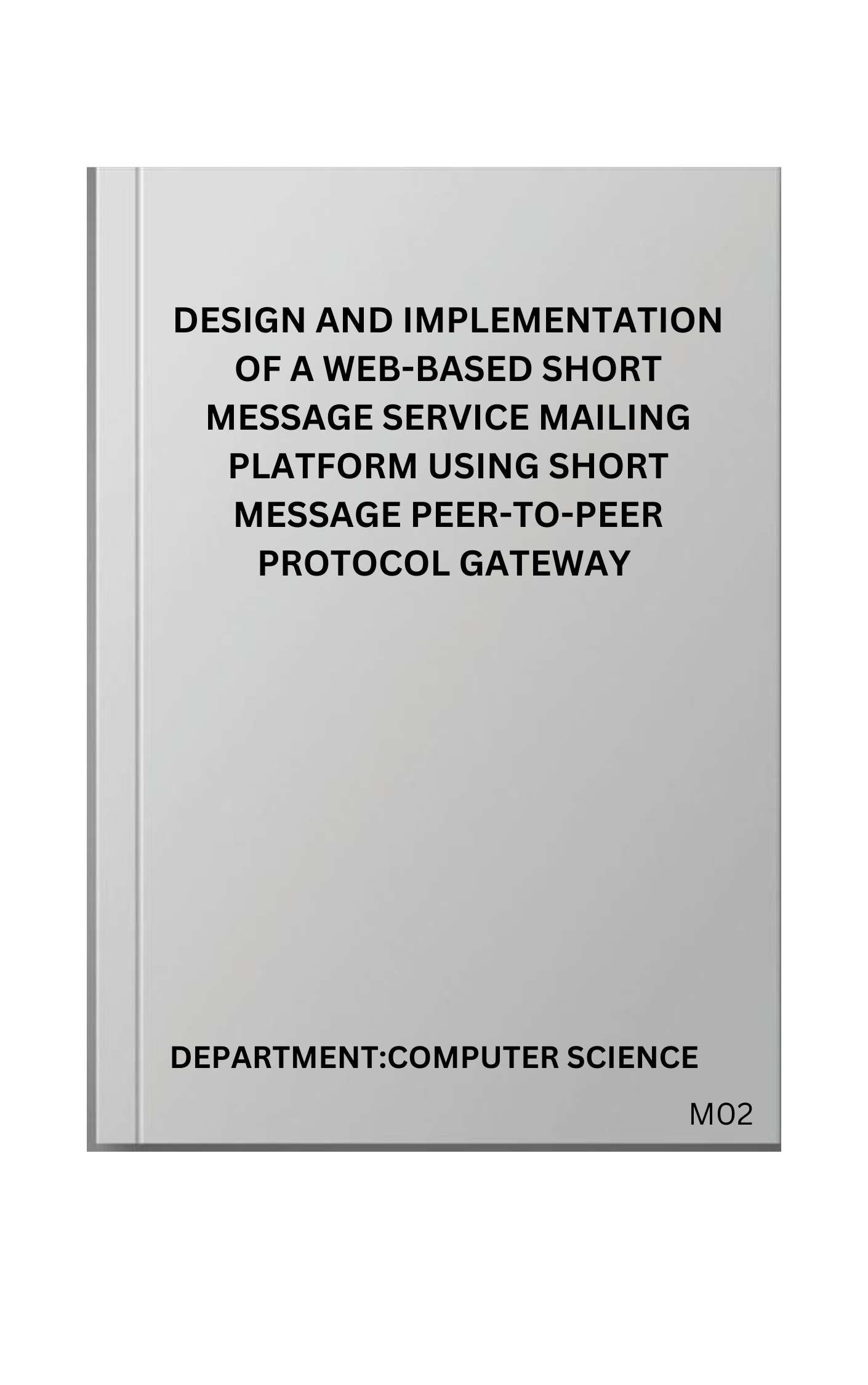CHAPTER ONE: INTRODUCTION
1.1 Background to the Study
Social media has emerged as a transformative phenomenon, revolutionizing interactions with the World Wide Web. In recent years, user-driven technologies such as blogs, social networks, and media-sharing platforms have proliferated, collectively referred to as social media. These platforms have led to the growth of user-generated content, establishing a global community where consumer opinions are easily shared and disseminated (Duangruthai & Leslie, 2018). This shift has reshaped online activities, giving rise to popular platforms like Facebook, YouTube, Instagram, and Twitter, where individuals connect, create, and distribute content.
The rise of social media has fundamentally altered how consumers seek and access information about products and services. It has empowered users to engage in discussions about brands and products swiftly in digital spaces (Vwighren, Igben & Ogwezi, 2023). Consequently, consumer opinions are increasingly influenced by interactions with strangers online, affecting their perceptions offline (Duangruthai & Leslie, 2018). Marketers now face challenges in controlling the content, timing, or frequency of these conversations, as social media platforms have shifted power to users (Duangruthai & Leslie, 2018).
In Africa, the influence of social media on consumer behavior is particularly pronounced. As access to the internet and mobile technology expands across the continent, social media platforms are becoming critical tools for consumers seeking information about various products and services. The immediacy and ease of discussions on these platforms allow African consumers to engage actively with brands and share their opinions widely. However, the rapid growth of social media also poses challenges, such as the potential for misinformation and the need for marketers to adapt their strategies to effectively engage with an increasingly empowered consumer base.
Moreover, while social media marketing presents opportunities for businesses to reach broad audiences, many African companies struggle with leveraging these platforms effectively. They face issues such as limited resources for content creation, difficulties in targeting specific demographics, and challenges in measuring the impact of their marketing efforts. As a result, understanding the complexities of consumer behavior in the context of social media is essential for businesses aiming to succeed in the African market.
In Nigeria, the social media landscape is vibrant and rapidly evolving, significantly influencing consumer buying behavior. With a large proportion of the population comprising students and young adults who are early adopters of technology, social media serves as a primary source of information, entertainment, and social interaction. These users often rely on social media for product recommendations and brand interactions, which can substantially impact their purchasing decisions (Michael, 2017).
However, there remains a gap in understanding how social media influences consumers' decision-making processes in Nigeria. Existing studies tend to focus primarily on online shopping behavior without addressing the broader implications of social media throughout the entire decision-making journey (Ilayasankar, 2021). This lack of comprehensive research limits marketers' ability to effectively tailor their strategies to the unique preferences and behaviors of Nigerian consumers.
Furthermore, while platforms like Facebook are hailed as essential marketing tools, challenges such as misinformation, negative feedback loops, and the struggle to maintain brand loyalty in a competitive environment complicate the marketing landscape. As social media continues to grow in influence, understanding its nuances will be crucial for businesses aiming to navigate the Nigerian market successfully.
1.2 Statement of the Problem
In today's digital landscape, social media platforms such as Facebook, WhatsApp, Instagram, and TikTok represent powerful marketing tools that can significantly enhance the reach and influence of businesses in Nigeria. These platforms offer firms the unique opportunity to engage with a wider audience, thereby increasing brand visibility and gaining a competitive advantage in an increasingly saturated market. Moreover, social media facilitates the exploration of new export markets, which can be pivotal for businesses looking to expand beyond local borders (Fitore, 2017).
However, despite the evident potential benefits of leveraging social media for marketing purposes, a considerable number of Nigerian firms exhibit reluctance in adopting these strategies. This hesitation is primarily attributed to concerns about the high costs associated with social media development and a general lack of understanding regarding the effectiveness of these platforms in driving improved business performance. As a result, many organizations miss out on the opportunity to engage with their customers in meaningful ways that could influence purchasing decisions.
Furthermore, there is a critical gap in comprehensive research focused on the social media marketing practices of Nigerian firms. The existing literature does not adequately address how different social media channels, such as Facebook, WhatsApp, Instagram, and TikTok, impact customer buying behavior. Understanding these dynamics is essential, as the effectiveness of social media marketing varies across platforms and can influence consumers' purchasing decisions differently. This lack of empirical evidence hampers businesses' ability to develop informed strategies that maximize the potential of social media marketing, ultimately affecting their overall performance and growth in a competitive landscape (Fitore, 2017).
Therefore, this research aims to investigate the impact of social media marketing on customer buying behavior within tertiary institutions.
1.3 Research Questions
The following research questions was used to guide the study;
1.Does social media marketing components affects student’s intension to buy product?
2.Do social media marketing components influence students purchasing decision?
3.Does social media marketing components impact on student’s emotional engagements?
4.Does social media marketing components influence students impulse buying tendencies?
PAY TO GET COMPLETE PROJECT














































































